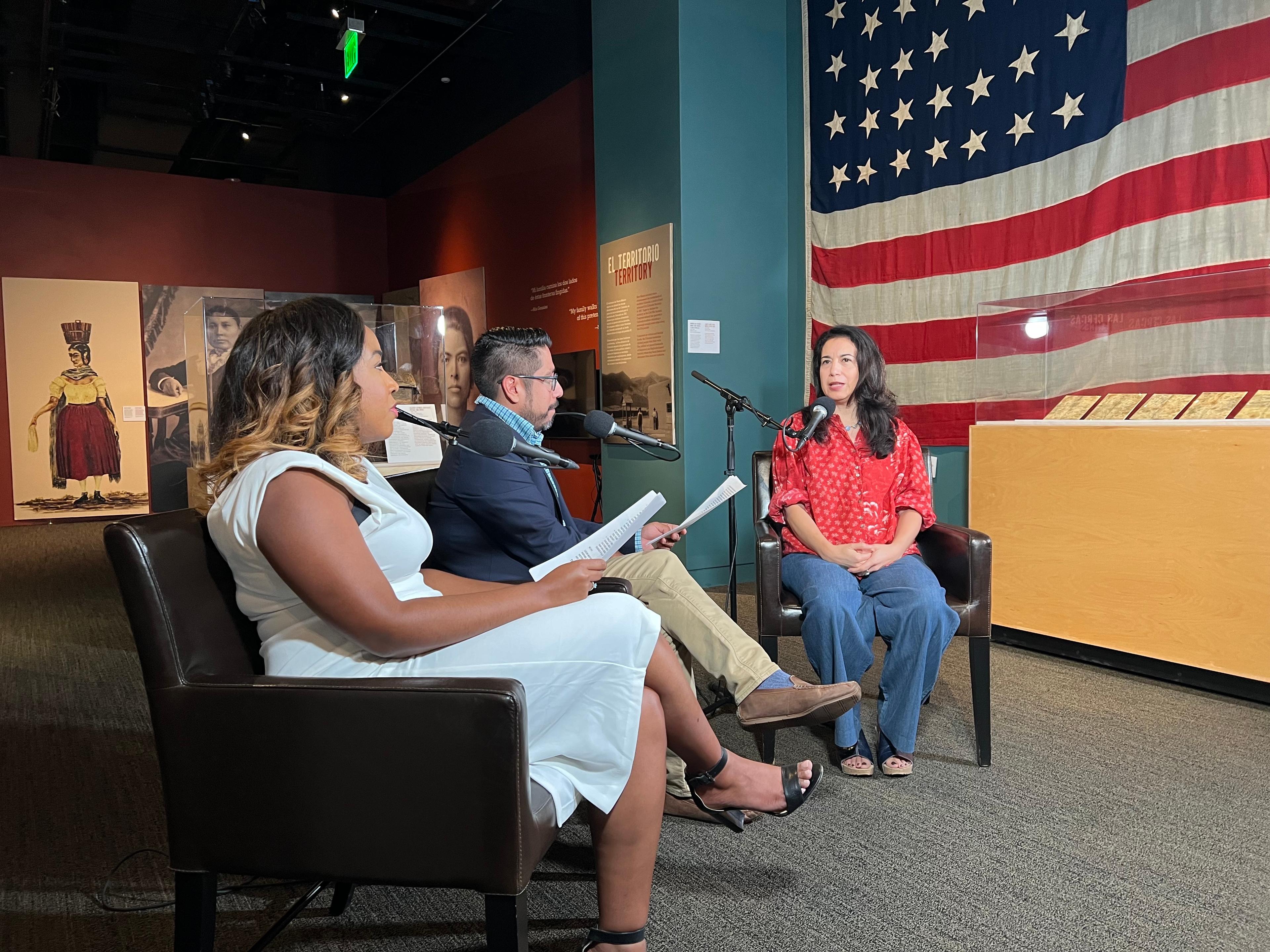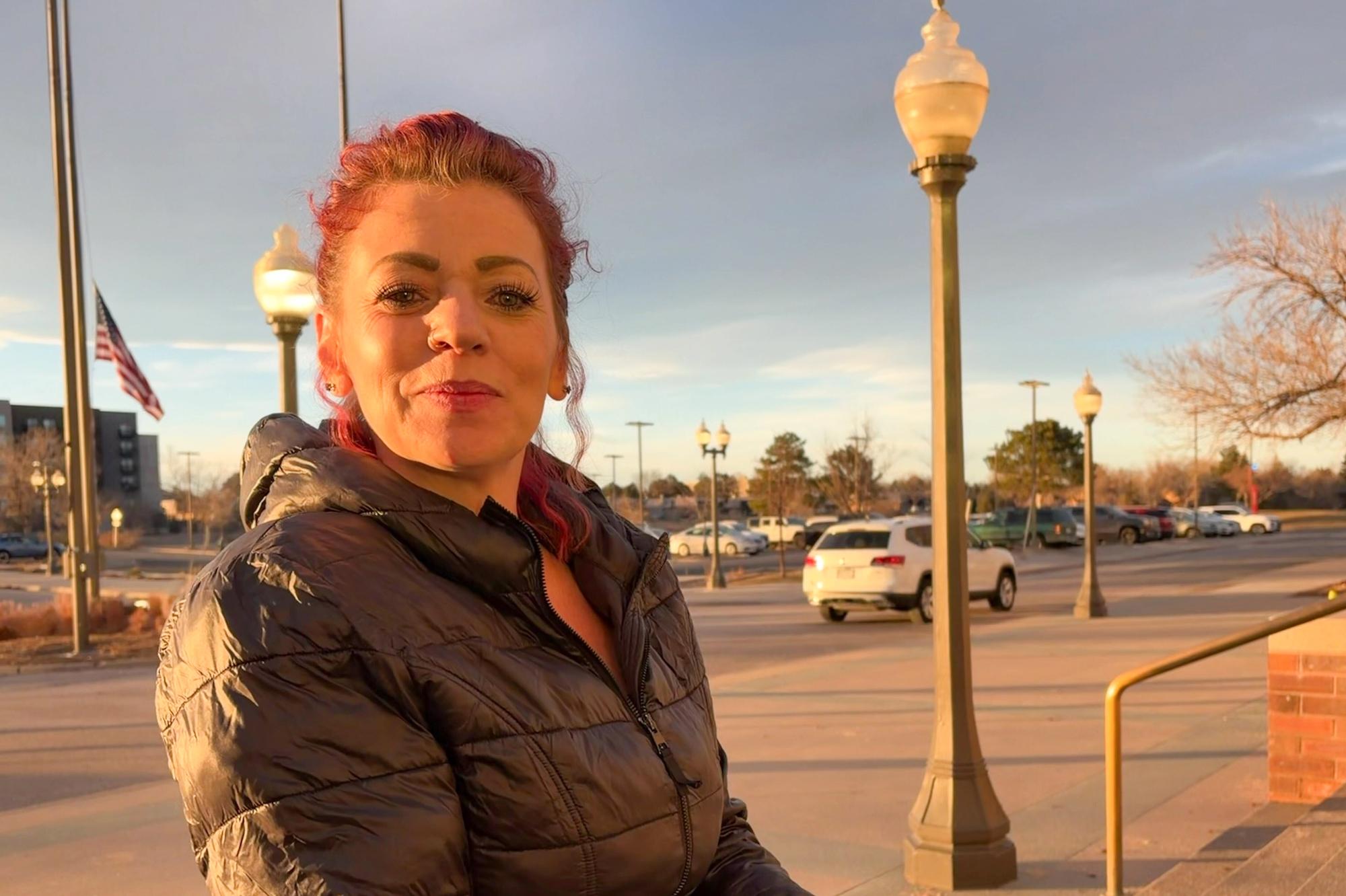
Hispanic Heritage Month is a time for celebration and recognizing history, but it also brings to light the nuanced and sometimes complicated question of identity within the community.
Terms like “Hispanic” and “Latino” are often used interchangeably, but they carry different connotations. “Hispanic” generally refers to people with origins in Spanish-speaking countries, whereas “Latino” encompasses individuals from Latin America, including those from non-Spanish-speaking countries like Brazil.
Exploring the different race, ethnicity and origin categories used by people in the U.S. begins with the U.S. census and how people are counted. From the first count in 1790, the category names have changed based on the reflection of current politics, science and public attitudes, according to findings from the Pew Research Center.
Joelle Martinez, president and CEO of the Latino Leadership Institute and a ninth-generation Coloradan, said that her own grandparents were marked as “Mexican” in the 1930 U.S. Census as a race — not ethnicity — but by the next census, that term was no longer officially used.
Earlier this year, the Biden administration updated the government survey to expand the "Hispanic or Latino" race and/or “ethnicity" categories.
“When thinking about Hispanic, Latino, Chicano identity, it’s not necessarily how one identifies, but why, and why that’s changed over time,” Martinez said. “Throughout history — Hispanic, Latino, Spanish, Chicano — we have had to check boxes, and those boxes have been identifiers that not necessarily, we have chosen for ourselves,” Martinez added.
It wasn’t until 1960 that people could choose their own race when being counted in the census. Before that, a person’s race was determined by census takers.
Here in Colorado, a look into the history of the Southern Colorado-Northern New Mexico border at History Colorado’s exhibit, “Borderlands of Southern Colorado,” tells the story of how these communities thrived and embraced their culture and identity in the region long before the U.S.-Mexico border moved north, highlighting how these borderlands shaped the cultural and historical landscape of the Southwest U.S.
“It’s really fascinating when you think about this time period because there is one generation that experienced being part of the Spanish Empire, and then they were a part of Mexico, and then they were part of the United States,” said Lucha Martínez de Luna, associate curator of Hispano, Chicano, and Latino History and Culture at History Colorado. “This is not taught in schools. And they’re finally starting to teach it in the education curriculum, but this is a significant history that precedes the Pilgrims. That proceeds it by eight years, and we should be telling that history first, and then we go into the next history.”
As these diverse Hispanic and Latino communities look to the future, the focus is on educating the next generation about their own culture and identity at Servicios de la Raza. The nonprofit offers a 12-week youth leadership program that aims to empower high schoolers about Chicano history, social and civic justice and the opportunity to learn about their own identity, in addition to developing leadership skills.
Martínez said identity comes two-fold for people — how people see others and how people see themselves.
“What’s really inspiring from a younger generation, is they’re really owning that second part of that, “Martínez said. “And that is a shift.”
The most important thing is not to assume how someone wants to identify, Martínez said. “Ask and meet people where they are.”
For more on this story, listen to this week’s episode of Real Talk with Denver 7 and CPR News, which focuses on issues that impact underrepresented people across Colorado and amplifies the voices you may not always hear.
Also, learn more about Hispanic Heritage Month in Southern Colorado from KRCC.









